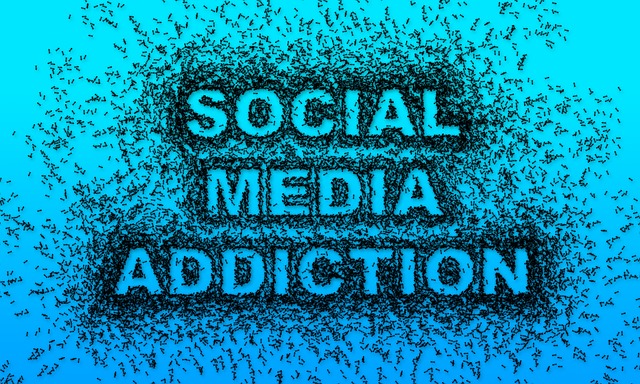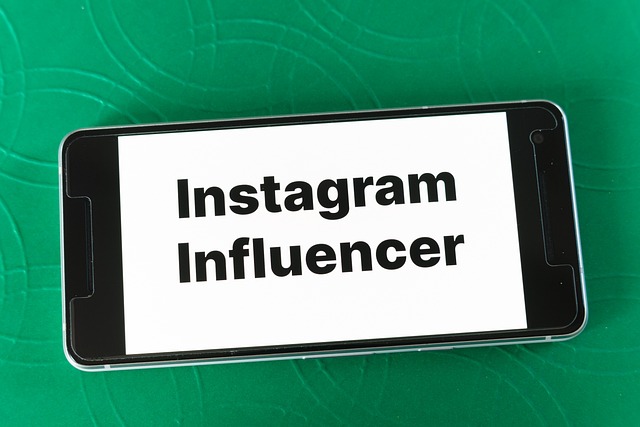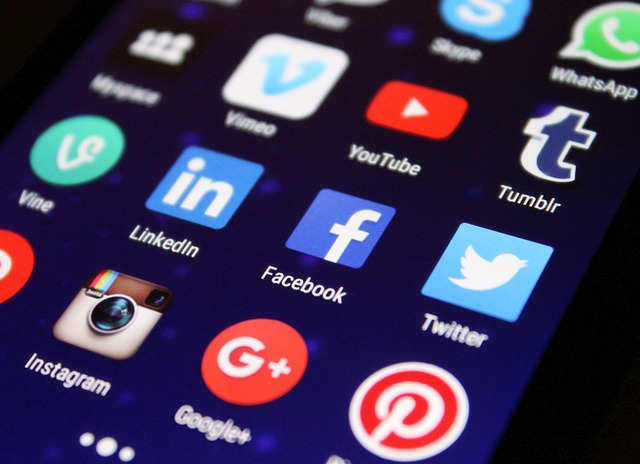In an era dominated by social media platforms, the rise of influencer culture has become a defining aspect of how we perceive and interact with the digital world. Today, influencers are not merely content creators; they are powerful entities that shape public opinion, drive trends, and foster brand loyalty. With the average person spending over 2 hours a day on social media, the impact of these influencers transcends mere marketing—it touches the very core of societal values and personal identities.
The allure of influencer culture lies in its ability to connect individuals on a personal level. Social media allows influencers to share curated glimpses of their lives, showcasing authenticity and relatability that traditional advertising often lacks. Followers often view these influencers not just as entertainers or advertisers, but as friends and role models. This sense of connection amplifies the influence they hold over their audience, making it easier for them to sway opinions, inspire actions, and create movements.
However, the social media impact of influencer culture is not without its complexities. While it can foster a sense of community and belonging, it also brings about challenges such as unrealistic standards and the pressure to maintain a perfect online persona. The constant comparison to seemingly flawless lives can lead to feelings of inadequacy among followers. This paradox raises essential questions about mental health and self-worth in a world where social validation often hinges on likes and shares.
Furthermore, influencer culture has profoundly changed the marketing landscape. Brands are now investing in collaborations with influencers, recognizing their ability to reach specific demographics and create authentic engagement. Unlike traditional advertisements that can feel invasive, influencer partnerships offer a more organic approach, nudging consumers toward a decision through trust and familiarity. This shift also means that influencers have a responsibility to their audiences to promote products and lifestyles honestly and ethically.
The dynamics of influencer culture are ever-evolving, influenced by societal changes, technological advancements, and shifting user preferences. Platforms like TikTok, Instagram, and YouTube continually shape how influencers create content and engage with followers. With the rise of video content and ephemeral stories, the way influencers connect with their audience is more dynamic than ever, carving out new niches and styles that encourage frequent interaction.
As we navigate through this digital age, understanding the impact of influencer culture is essential. It reflects our values, our aspirations, and our desires for genuine connections in a world increasingly defined by screens. How we perceive and interact with influencers can offer insights into the larger societal shifts at play, allowing us to cultivate a healthier and more responsible relationship with social media.
Thus, the conversation surrounding influencer culture remains crucial as we unpack the layers of influence, connection, and responsibility that come with this modern phenomenon. It is a reminder that behind every post, every story, and every trend lies a complex interplay between authenticity, aspiration, and the collective psyche of our virtual communities.




